With the arrival of Park Chan-wook‘s latest feature film, the Venice Film Festival reaffirms the excellent standard of the first films presented so far in the competition. No Other Choice stands out from the outset as a work that breathes the memory of Oldboy but is imbued with the formal refinement and expressive maturity of his latest works. It is as if the filmmaker’s entire career had inevitably led to this story, where the themes of violence, guilt, and redemption do not reappear as mere reiterations, but in the form of a new wound, directed against a world that cynically frees itself from the bodies and lives of workers, treated as replaceable cogs in a faceless machine.
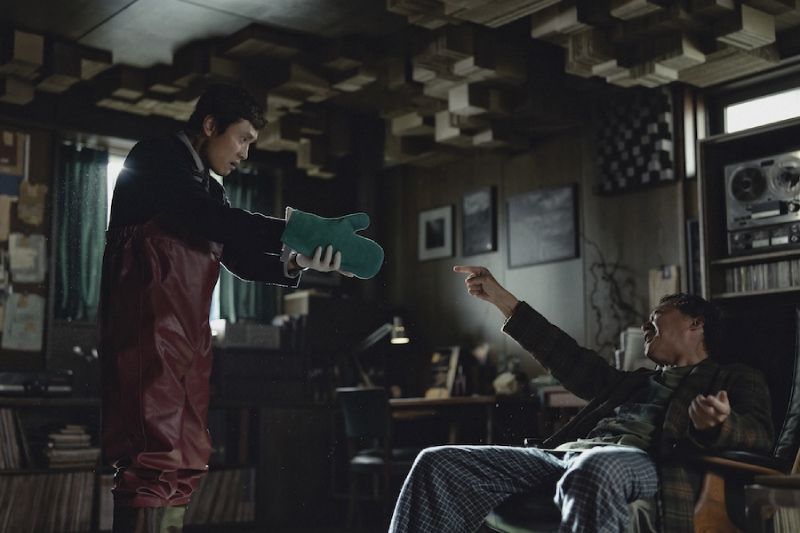
The story, inspired by Donald E. Westlake‘s novel The Ax, follows Hwang Jung-min (played by Lee Byung-hun, seen in the series Squid Game), a paper factory worker whose existence, marked by discipline and sacrifice, suddenly collapses when he is fired in the midst of a strike. This fracture is not a peripheral incident: it is the center of gravity of a fall that drags down his wife and two children, turning violence into a desperate language, the only way to rebel against a system that no longer allows room for individual dignity.
The feature film opens with a long sequence accompanied by the second movement of Mozart’s Piano Concerto No. 23, K. 488, whose idyllic beauty—yet laden with melancholy—sounds almost like cruel irony. This initial excess of harmony gradually breaks down until the same music reappears in the final section of the feature film, tinged with the dark complicity of the protagonist with his wife Miri, an effective and delicate Son Yejin. It is a masterful gesture: Park Chan-wook turns a piece of classical perfection into the broken mirror of a relationship marked by despair, desire, and violence.
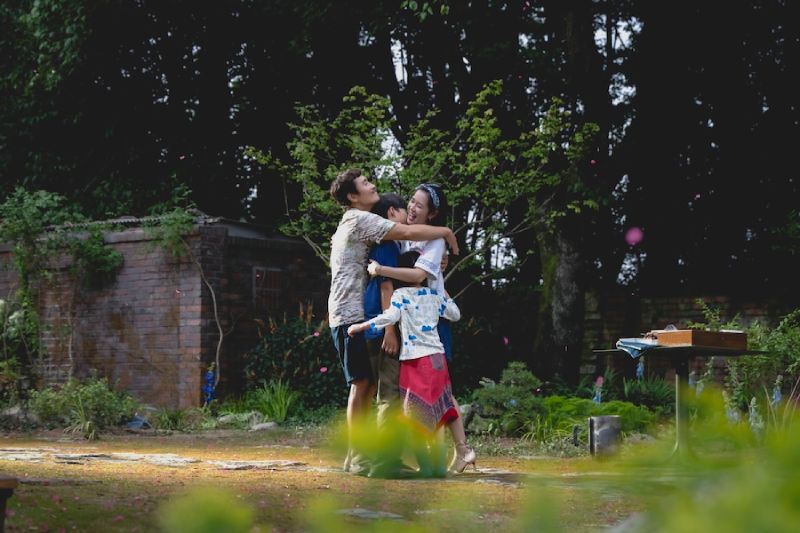
Within the protagonist’s heartbreaking universe, the figure of the cellist’s daughter—a young girl—provides a poignant counterpoint. The difficulties she faces in pursuing her musical aspirations and her silence symbolize painfully how the adult world contaminates and hurts even that which seemed pure. Through her, Park Chan-wook unfolds a family portrait that oscillates between genuine affection and the difficulties of saving each other.
No less significant is the relationship between the spouses, the secret axis of the narrative, which gradually becomes one of the most intense discoveries of the film. Its evolution is not limited to a pattern of domination or rupture, but gradually transforms into an almost morbid complicity, made up of silences, glances, and gestures that the director films with his usual choreographic precision within a visual framework that is, as always, highly evocative.

Son Yejin in No Other Choice, by Park Chan-wook.
The film once again exudes the South Korean director’s formal perfection: symmetrical compositions, saturated colors, and camera work that alternates between slow lyricism and bursts of dry violence. But beneath this impeccable architecture lies an emotional nerve that intensifies with each twist and turn. Psychotic, wounded characters, but also unexpectedly tender, are capable of captivating the viewer with their vulnerabilities. In this way, No Other Choice never remains a simple moral lesson: rather, it leaves us in a territory of uncertainty, where the grotesque and the moving coexist, and where the fragility of life is revealed in all its rawness.


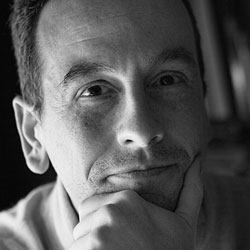
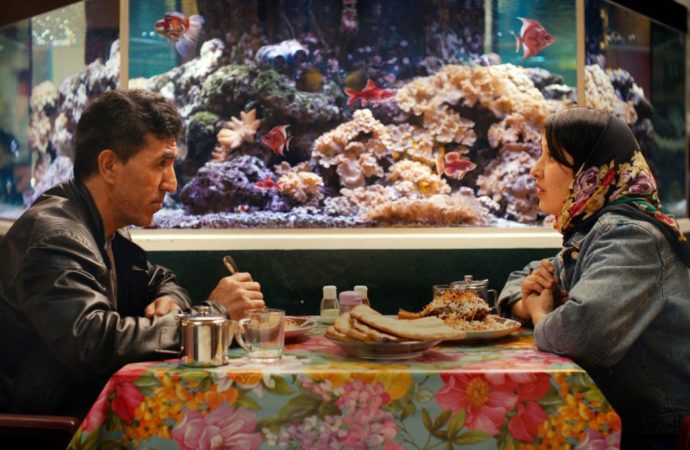

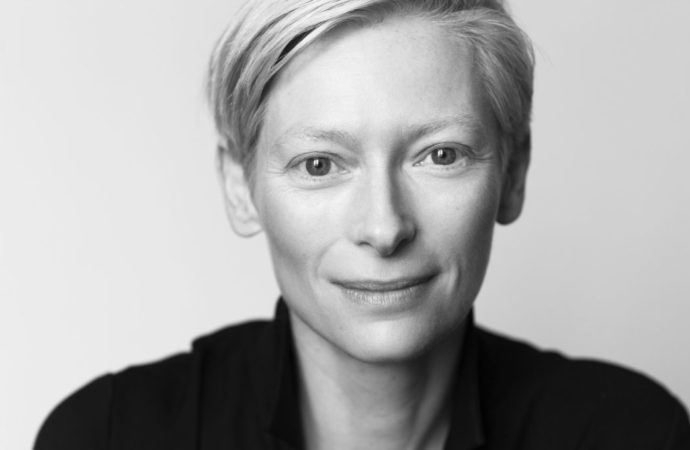

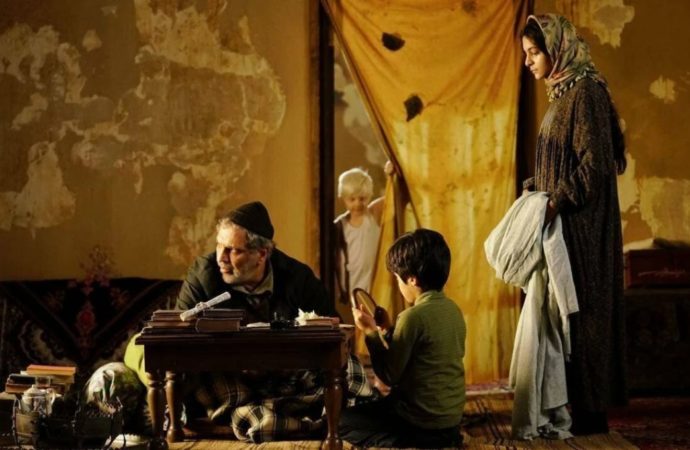
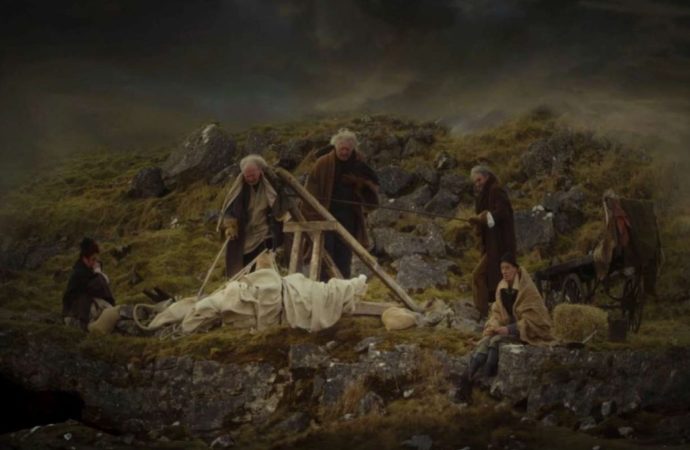
No one has posted any comments yet. Be the first person!